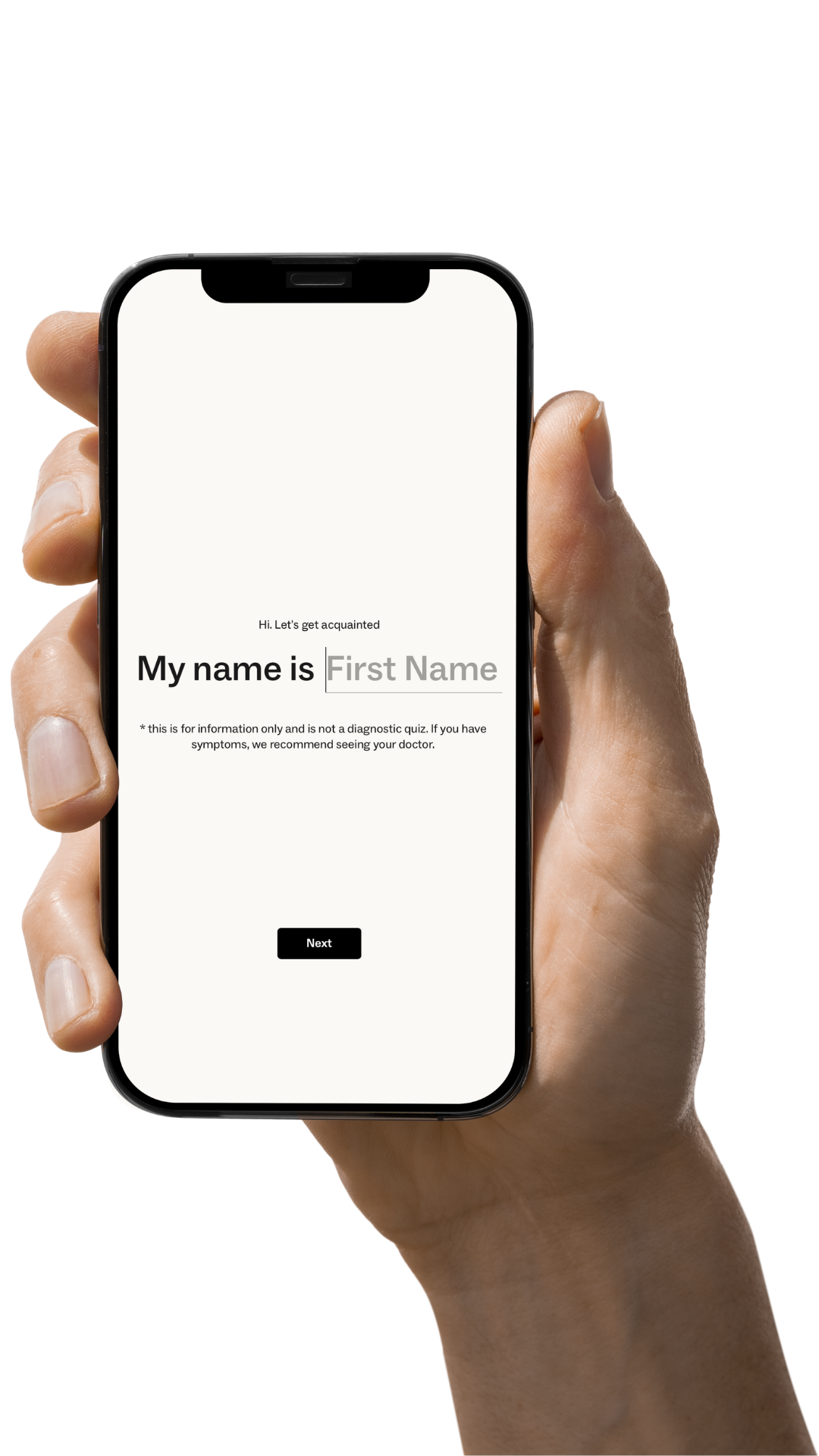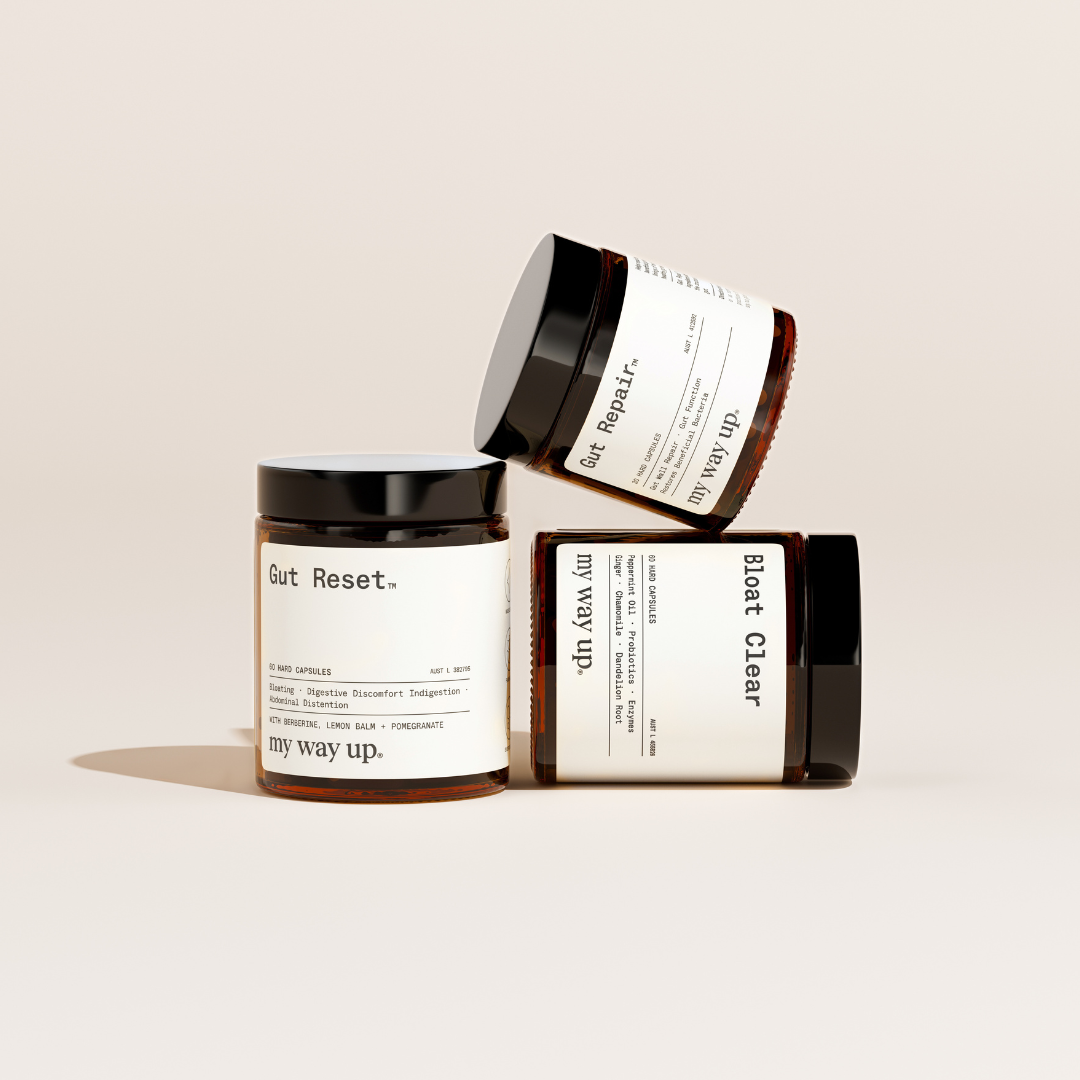Gelatin, collagen and bone broth are all important fundamentals of healing the gut. We’ve seen that adding these proteins in helps tremendously in the healing and maintenance of gut health, and helps keep your lean body in better condition from hair to toe.

Ingredients
Base Layer
- 1 cup coconut yoghurt or plain greek yoghurt
- 2 tbsp good gut Australian gelatin
- 1/4 cup water
- 1 tbsp maple syrup, honey or coconut sugar
- 1 tsp vanilla bean powder
Top Layer
- 1 cup strawberries (you can also use raspberries or blueberries)
- 1 tbsp good gut Australian gelatin
- 1/4 cup water
- Juice of 1 lime
- 1 tbsp maple syrup, honey or coconut sugar
Method
Top Layer
- Mix good gut gelatin with 2 tbsp water in a mini bowl, put aside to bloom for 5 minutes.
- Add gelatin mix to saucepan on low to medium heat and stir until gelatin dissolves. Add fresh chopped strawberries and sweetener to the mix and stir for another two minutes.
- Remove from heat, stir in lime juice and leave to cool a little (still warm and liquid). Blitz in blender until smooth and then pour mixture into a rectangular dish or silicon moulds to complete the top layer. Place in fridge until set.
Base Layer
- Mix good gut gelatin with 3 tbsp water in a mini bowl, put aside to bloom for 5 minutes.
- In a bowl, mix yoghurt, sweetener of choice and vanilla
- On stovetop, heat the gelatin and water on low, stirring constantly until gelatin is completely dissolved, take off heat and leave to cool.
- Add gelatin to yoghurt mix and combine well.
- Pour mixture on top of the top layer and then place in fridge until set - usually just over an hour.

